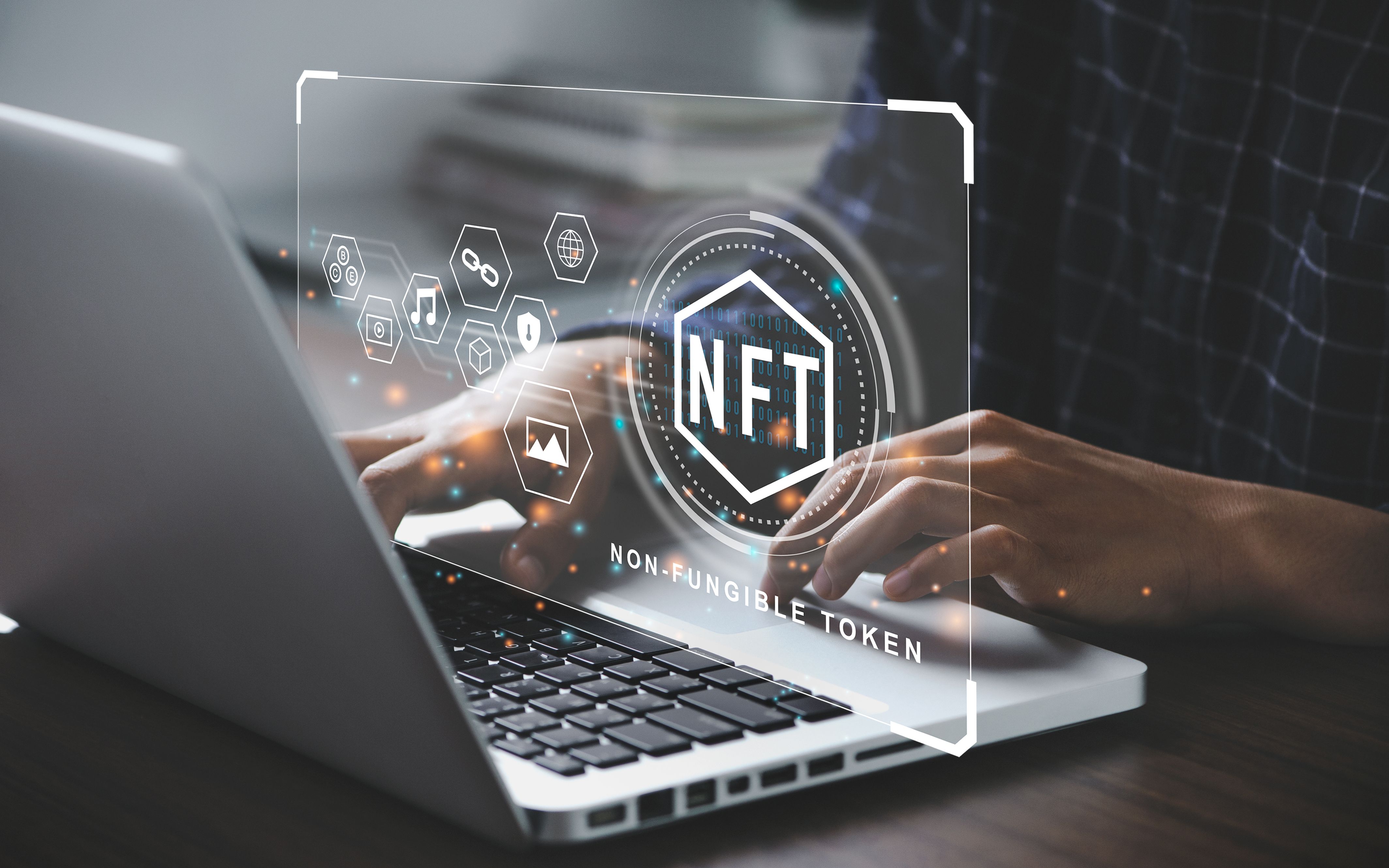NFT Utility Expands Beyond Collectibles to Real-World Applications
The Evolution of NFTs: Beyond Digital Collectibles
Non-fungible tokens (NFTs) have taken the digital world by storm, initially emerging as a medium for buying, selling, and trading digital art and collectibles. However, the potential for NFTs extends far beyond these initial uses. As the technology matures, NFTs are finding applications in various real-world industries, creating new opportunities and transforming traditional systems.

Revolutionizing Real Estate Transactions
The real estate sector is one area where NFTs are making significant inroads. By tokenizing property assets, transactions can be simplified and made more secure. NFTs can represent ownership deeds, allowing for a faster and more transparent process of buying and selling properties. This method can also facilitate fractional ownership, enabling investors to own a portion of a high-value property through the purchase of NFTs.
Moreover, using NFTs in real estate can reduce the need for intermediaries, such as brokers and agents, thus lowering transaction costs. This transformation can democratize access to real estate investments and increase liquidity in the market.

Enhancing Supply Chain Transparency
In the supply chain industry, NFTs are being used to track and verify the authenticity of products. By linking physical goods to NFTs, companies can ensure that each item’s journey from production to consumer is transparent and tamper-proof. This application is especially beneficial for high-value goods, such as luxury items and pharmaceuticals, where authenticity is paramount.
NFTs enable consumers to access detailed information about a product’s origin and journey, fostering trust and reducing the risk of counterfeit goods entering the market. This innovation not only enhances brand reputation but also provides a competitive edge in industries where provenance is key.
Empowering Content Creators
Beyond physical assets, NFTs are also reshaping how creators monetize their work. Musicians, writers, and filmmakers can leverage NFTs to sell unique content directly to their audience, bypassing traditional distribution channels. This direct-to-consumer approach allows creators to retain more control over their work and receive a larger share of the profits.
Additionally, NFTs can include smart contracts that ensure creators earn royalties from secondary sales. This feature provides ongoing revenue streams for artists as their work gains value over time.

Innovating Ticketing Systems
The event ticketing industry is another sector poised for transformation through NFTs. By issuing event tickets as NFTs, organizers can combat fraud and ensure the authenticity of each ticket. NFT-based tickets can also be programmed to include special perks or access to exclusive content, enhancing the overall event experience for attendees.
Furthermore, these digital tickets can be easily transferred or resold on secondary markets, with smart contracts ensuring that event organizers receive a share of any resale profits. This innovation not only benefits organizers but also enhances security and convenience for event-goers.

The Future of NFT Applications
The expansion of NFT utility into real-world applications is just beginning. As more industries recognize the potential of this technology, we can expect to see even more innovative uses emerge. From healthcare to education, NFTs have the power to streamline processes, enhance transparency, and create new revenue models.
As adoption grows, it will be crucial for businesses and consumers alike to stay informed about developments in the NFT space. By embracing this technology early on, they can capitalize on its advantages and drive forward a new era of digital transformation.

